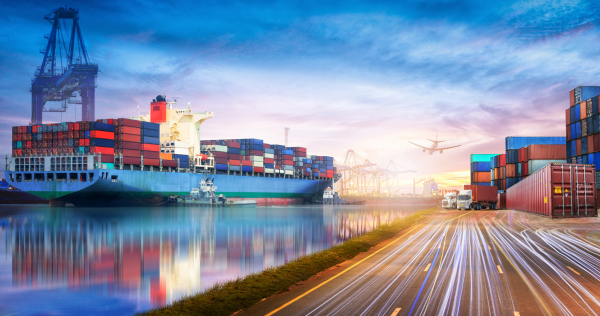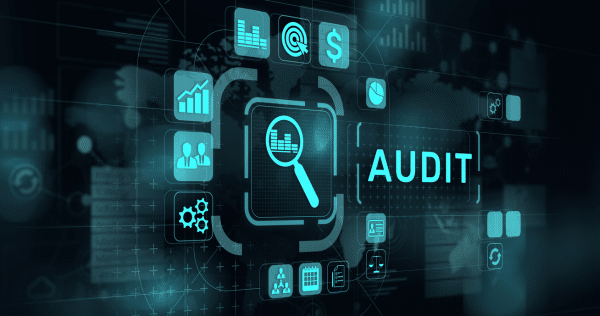The supply chain landscape of 2024 is in a constant state of flux, driven by technological advancements and dynamic market forces. Navigating this ever-evolving terrain requires expertise in transportation spend management, a critical component for optimizing operational efficiency.
Companies like Zero Down are leading the charge of this transformation by employing innovative strategies to streamline logistics and meet the demands of a rapidly changing global market. As the industry embraces these shifts, the spotlight shines on leveraging cutting-edge technologies and novel approaches to propel supply chain management into the future.
1. Embracing Digital Transformation with Advanced Analytics
In today’s supply chain management, digital transformation is a necessity. The integration of advanced analytics revolutionizes decision-making processes and operational efficiency, empowering businesses to adapt swiftly to market fluctuations and disruptions.
By leveraging digital technologies, companies streamline operations, enhance data accuracy, and foster collaborative and agile supply chain networks.
2. Harnessing AI-Enabled Planning and Operations
The integration of artificial intelligence and automation in the supply chain is reshaping transportation management and operational efficiency. Automated applications such as carrier rate optimization, cost allocation, automated warehouse management, and predictive maintenance streamline processes, improve accuracy, and reduce labor costs.
These innovations contribute to more adaptive, efficient, and responsive supply chain strategies, enabling businesses to automate tasks and gain deeper insights for decision-making.
3. Prioritizing Transparency and Traceability
In an increasingly complex global supply chain ecosystem, transparency and traceability are paramount. Clear visibility into every stage of the supply chain process builds trust, ensures compliance, and facilitates swift responses to disruptions.
Tools like FreightOptics offer comprehensive transportation spend management solutions, enhancing visibility through services such as freight audit, business intelligence, and transportation management systems – if you can’t see it, you can’t manage it.
4. Strengthening Risk Resiliency
The global climate is full of uncertainties. Building risk resiliency is essential for maintaining supply chain integrity. Diversifying supplier bases, implementing robust contingency plans, and leveraging technology for real-time monitoring and response are crucial strategies.
Supply chain services offering comprehensive visibility, advanced analytics, and flexible solutions enable businesses to adapt swiftly to changing conditions, ensuring a robust and responsive supply chain.
5. Embracing Reshoring for Agility
The trend of reshoring manufacturing processes offers new challenges and opportunities for supply chain strategies. Shorter, localized supply chains reduce dependency on international suppliers, enhancing agility and mitigating risks.
Reshoring improves quality control, reduces transportation costs, and fosters responsiveness to market changes. Adapting to reshoring requires reevaluating supply chain structures and innovating to strengthen domestic supply bases.
6. Integrating Sustainability into Strategy
Sustainability is integral to long-term business strategy, especially in supply chain management. Adopting practices that minimize waste, reduce carbon footprints, and promote ethical sourcing is essential.
Efficient logistics and data-driven decision-making play pivotal roles in fostering sustainable supply chains, contributing to environmental preservation, cost savings, innovation, and enhanced brand reputation.
Navigating the Future
Embracing advancements such as digital transformation, AI, transparency, risk resiliency, reshoring, and sustainability is essential for supply chain success. Beyond adopting these trends, a continuous evaluation of transportation budgets and spend management practices is crucial. Regularly assessing the financial impact of these strategies allows businesses to identify and capitalize on optimization opportunities.
Zero Down Supply Chain Solutions emphasizes the significance of ongoing analysis to drive operational efficiency. By keeping a constant pulse on performance and cost implications, companies can adjust their strategies in real time, ensuring they are not just participants in the industry’s evolution but leaders in forging a more efficient and resilient supply chain. This commitment to continuous improvement positions businesses for enduring success in the dynamic supply chain environment of 2024.




